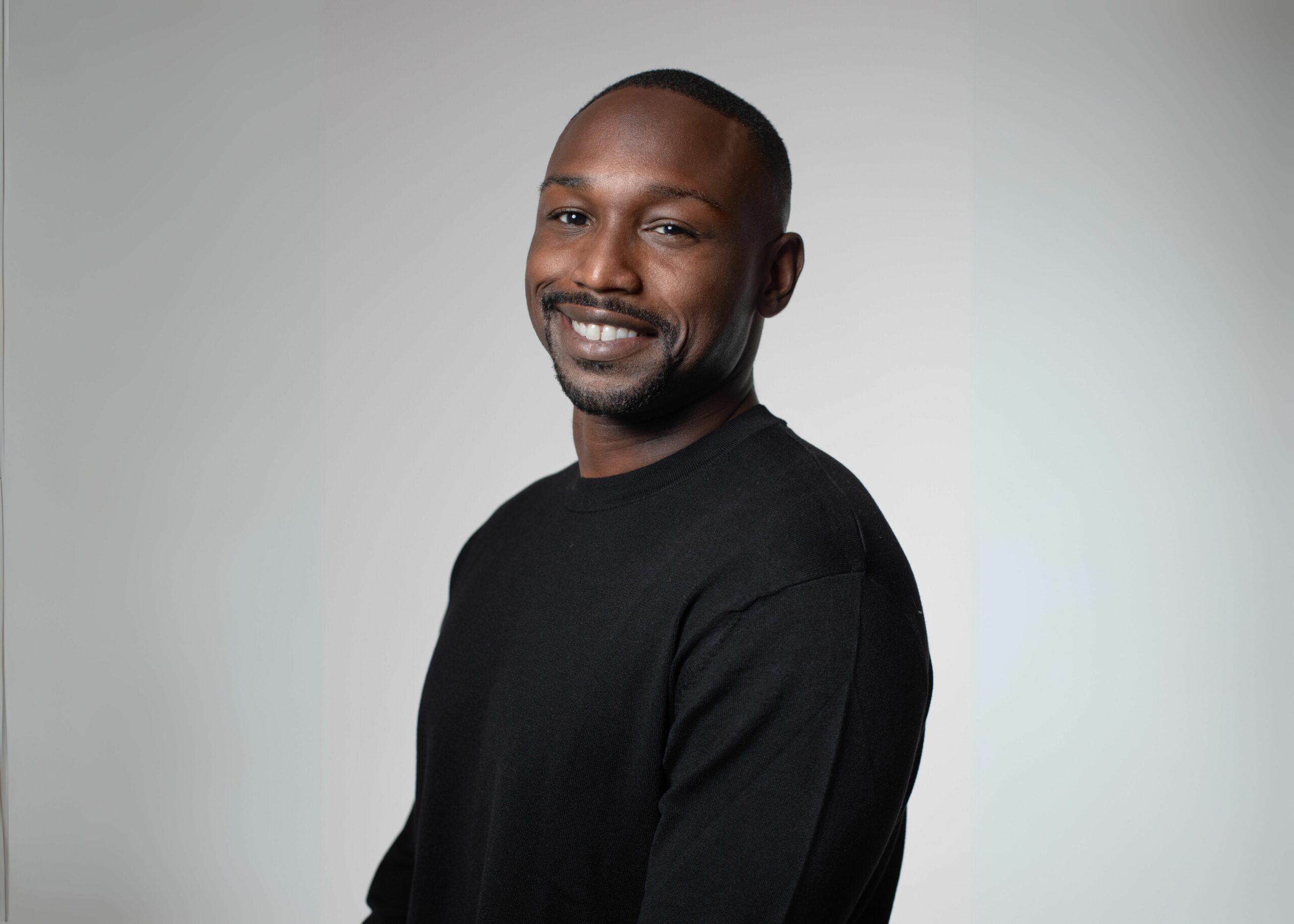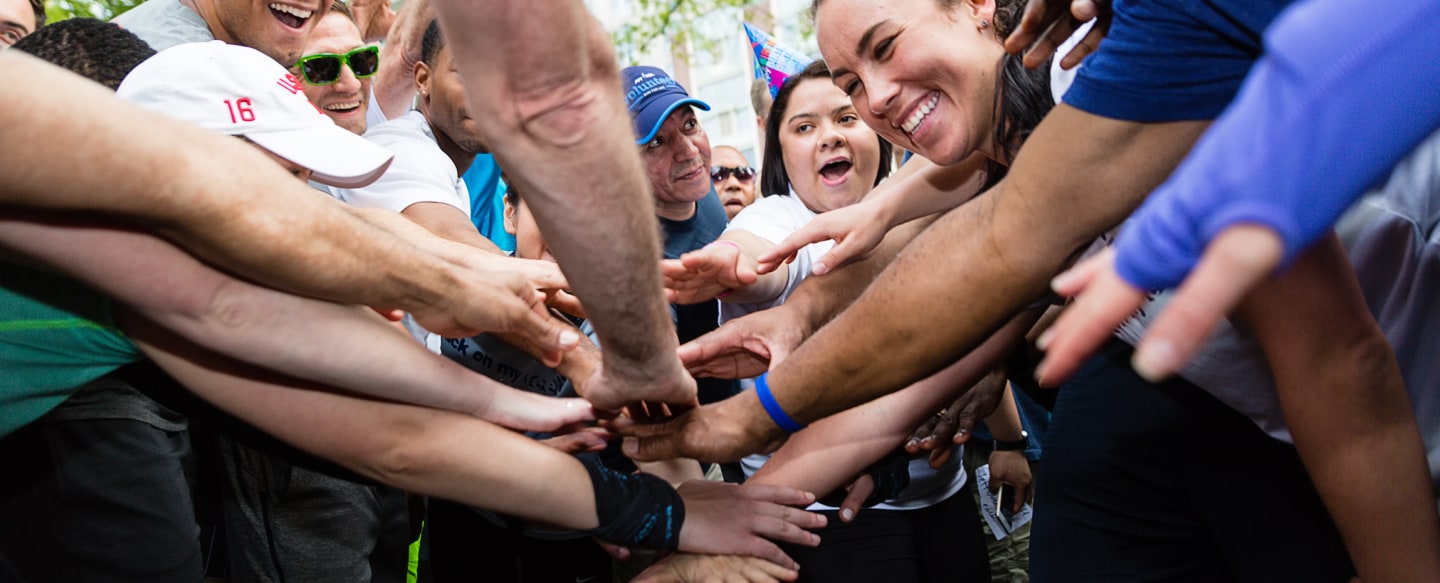For decades, George Mason University’s Economics Department and the Mercatus Center have put theory into practice and bet on the unconventional — with impressive results.
As the world needed scientific solutions to combat COVID-19, Tyler Cowen, a George Mason University economics professor, saw a problem that demanded urgent attention. Scientists desperately needed money — money that was agile, quick, and responsive to the needs of researchers.
So, he helped in the creation of Fast Grants, an effort based out of the Emergent Ventures program at George Mason University’s Mercatus Center, a university-affiliated organization where Cowen serves as faculty director. Fast Grants sought not to merely cut through red tape, but to bypass normal bureaucratic processes entirely. While funding can often take six to nine months or longer through conventional channels, Fast Grant applicants were reviewed and responded to within 48 hours, sometimes with the check cut just 24 hours after that.
“Much of American philanthropy is structured with a lot of veto points in place” with the consequence that it “tends towards a more conservative approach to investment,” says Mercatus Center Executive Director Daniel M. Rothschild. Fast Grants was a striking extension of Mercatus’s Emergent Ventures initiative, which was started a few years ago to fund projects in a bolder, bet-making way that disrupts traditional philanthropic strategies.
Both in Emergent Ventures generally and Fast Grants in particular, the idea is to “fail fast.” Some problems are solved by iteration and others by accident. Rather than funding one thing assumed to be a modest but sure investment, the initiative imitates the private business sector in supporting lots of new things in the hopes that some can scale rapidly for major returns.
“We didn’t have months to wait for grant proposals,” Rothschild says. “What research labs needed was relatively small amounts of money as quickly as possible.” So that’s what Emergent Ventures facilitated.
Fast Grants was possible, in part, because of the culture at George Mason University.
Rothschild explains what he’s observed – that George Mason University, and especially its economics department, focuses on putting theory into practice. There is, he said, a presumption towards action and intellectual heterodoxy that realizes “one need not be an expert on biomedicine, one need only find the experts.” Over decades, GMU economics has built its considerable reputation by betting on the unconventional.
Mason economics is distinguished by its focus on three main areas of economic study: Austrian economics, experimental economics, and public choice.
The department’s work is a natural fulfillment of the university’s mission, which describes the Northern Virginia public institution as “committed to creating a more just, free, and prosperous world.” According to Christopher Coyne, the director of the department’s graduate programs, that means working with colleagues with diverse ideas and backgrounds. It also means focusing on individual liberty, basic human rights, and understanding the necessary conditions for prosperity. Mason economics seeks to “understand the various economic, political, and social institutions that allow humans to flourish,” he says.
The department’s focus on public choice goes back to its Nobel laureate, James Buchanan. Buchanan won his prize in 1986 for work now sometimes described as the “Virginia school” of political economy. Public choice is about the collective action of individuals. As Coyne explains: Rather than an expert designing government policies to achieve some ideal outcome, Buchanan asked, “what does it look like when the citizens themselves are involved in the democratic process?” Buchanan, who died in 2013, researched how political decisionmakers, from the voting citizen to the elected official, are subject to the same sort of issues of choice and incentives as businessmen and financiers.
The department’s experimental emphasis was established by Professor Emeritus Vernon L. Smith, who was the 2002 recipient of the Nobel Prize in Economic Science. Experimental economics studies human decision in controlled environments. It asks how imperfect human beings go about building cooperative systems that work, what Coyne described as “understanding how individuals can creatively navigate the complexity of the world.” To bring together the social scientists and resources needed to conduct these experiments, Smith founded GMU’s Interdisciplinary Center for Economic Science in 2001.
In addition to these emphases, Mason economics is characterized by its focus on communicating economic ideas to the wider public. “Our department really places an emphasis on not just understanding the complexity and nuances of economics at a very high level, but also on being able to communicate that knowledge,” Coyne says. Coyne is a product of the GMU economics graduate program himself, and said it was impressed upon him early-on that he should be prepared to explain his work and his field not only to academics but the broader public, as well.
A striking number of George Mason economics faculty do public intellectual work in addition to their traditional academic research, whether by blog or podcast or lecture series. During the ongoing COVID-19 crisis, Alex Tabarrok, who holds the Bartley J. Madden Chair in Economics at the Mercatus Center and is a professor of economics at George Mason University, spoke directly to policymakers and connected economic ideas with vital practice, informing the course of Operation Warp Speed and other government responses to the virus. Early-on in the pandemic, Tabarrok wrote an article proposing prizes and other innovative incentives to influence and motivate resource allocation. Because of this, and his record of quality academic work, he received an invitation to speak to the White House Council of Economic Advisers.
Tabarrok argued that the federal government must intervene to incentivize the accelerated development of vaccines in response to the pandemic. He explained that the economic shutdown was so damaging that any amount of money invested in getting a vaccine sooner would more than pay for itself by reopening normal business functions. The key sticking point was making sure manufacturing and distribution capacity were being built up even as the vaccines themselves were being developed.
In response to his comments at the White House, Tabarrok was asked to write a report for the federal government and he also submitted a report on COVID-19 responses and incentives to the British government, the World Bank, and COVAX. “I do mostly empirical work, law and economics, what’s the effect of police on crimes, how do judges behave, incentives,” Tabarrok says. But for the last year-and-a-half he’s been focused on vaccine public policy. Tabarrok’s research has been cited by Ezra Klein in the New York Times and by other public intellectuals.
This public reach in the midst of crisis did not happen by mistake. In some sense, George Mason, and its experimental, bold focus, is built for such a disruption. Tabarrok says much of what has made him and his GMU economics department colleagues successful is product differentiation: “What’s the point of us being a second-rate Harvard? We want to be a first-rate George Mason.” That’s why the school also takes an innovative approach to faculty development, identifying and hiring underplaced, undervalued researchers and, Tabarrok says, “looking for the people who are not doing traditional work, who might sometimes have been discriminated against, or looked down on.”
This moneyball approach is how George Mason economics has built a community ready and able to talk to the public, put theory into practice, and dare to be different.
The Charles Koch Foundation partners with social entrepreneurs to drive societal progress through academic research and innovations that help all learners realize their potential. Read more about the Foundation’s support for education.











